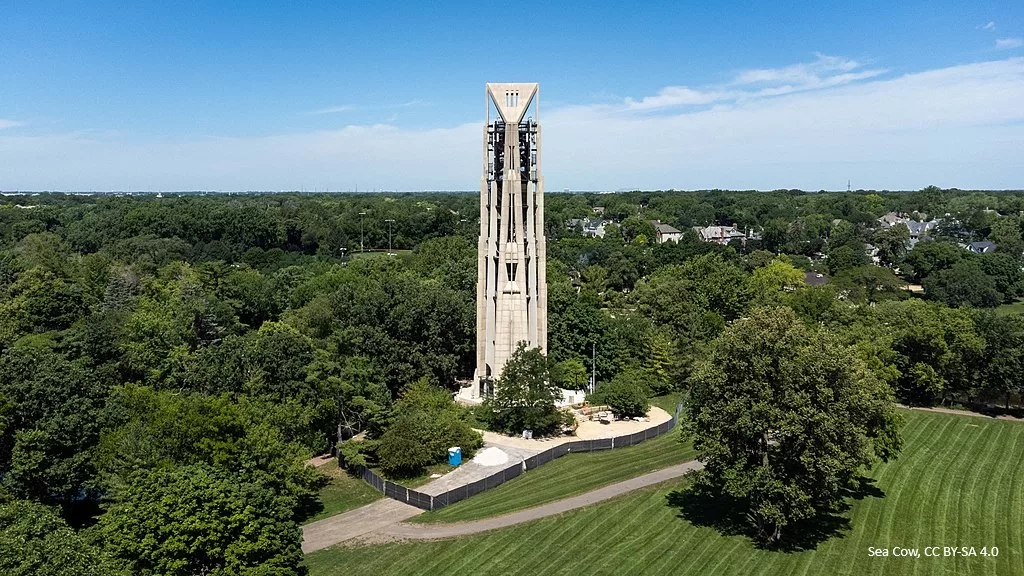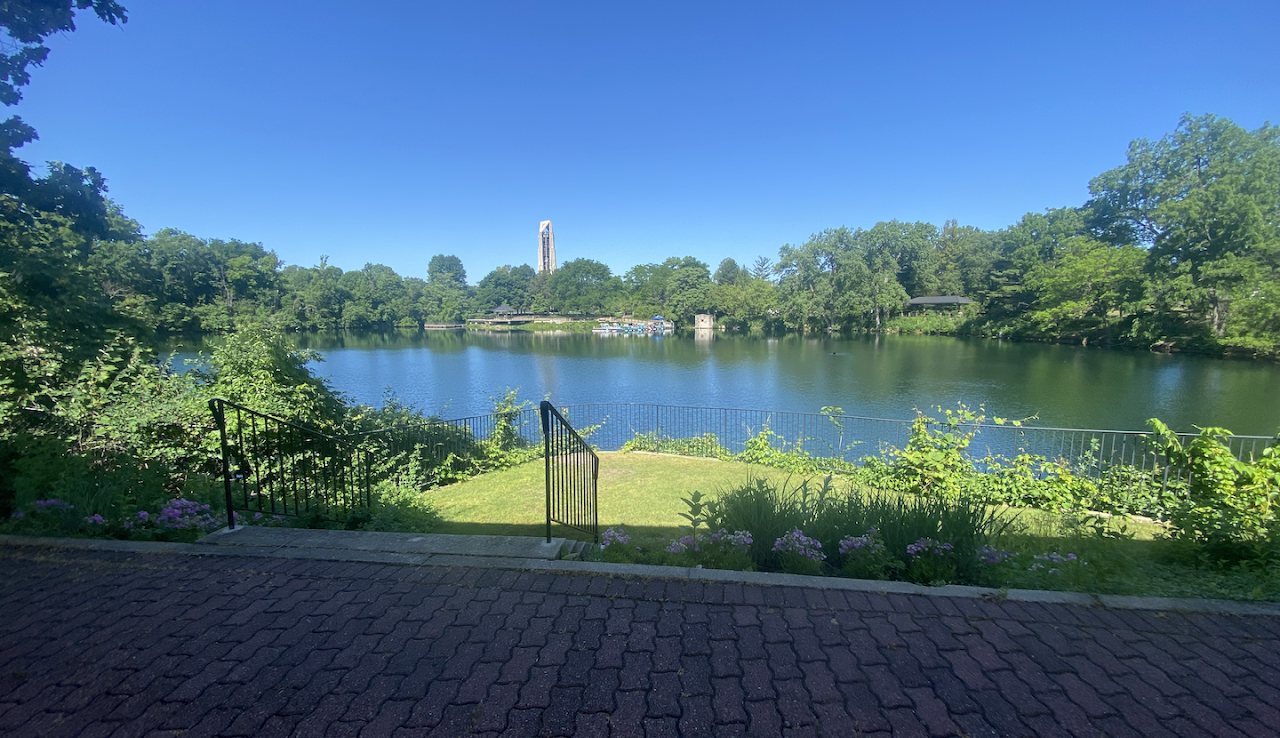Naperville Environment and Sustainability Task Force
The Naperville Environment & Sustainability Task Force is an all volunteer organization. Our mission is to assist, inform, and advise City government and Naperville residents and businesses to identify, prioritize, and implement sustainability initiatives and greenhouse gas reduction, with the goal of creating a sustainable, resilient, carbon-free future for Naperville.
As a whole, we generally meet on the 3rd Monday of each month, and our focused committees meet independently. Please read more about them on Committees page and volunteer with our effort.
Scope of Work
Education
Educating Naperville citizens about environmental issues and their impact is a core initiative of NEST. Community awareness, understanding, and consensus about environmental issues is critical towards getting policies passed that have the goal of stopping pollution, climate change, and other environmental issues. NEST also works to educate individuals and organizations on actions they can take to lower their own climate and environmental impact.
Advisory Role
As a task force of the City of Naperville we have the purpose of informing city staff and politicians about what actions they can take to improve the quality of life in Naperville by taking environmental actions. Our committees work on creating plans and policies that are then communicated to the city and other environmental stakeholders like utilities and waste management companies.
2025 Priorities
- Say No to Coal and yes to clean energy
- Climate Action Plan for Naperville
- Safe and connected bike and pedestrian infrastructure
- Building energy efficiency stretch codes
- Funding the Naperville Renewable Energy Program
- Educational programming
Check out our calendar for events involving our 2025 priorities and click here to get involved!

Organization Goals
- Align with other governments and scientific consensus to reduce Naperville’s carbon pollution by 50% (from 2005 levels) by 2030 and reach net zero by 2050.
- Transition to clean electricity.
- Building energy efficiency.
- Building electrification.
- Electric vehicle infrastructure.
- Safe active mobility (biking, rolling, and walking).
- Waste reduction, composting, and recycling.
- Add native landscapes and trees.
- Transition to electric lawn equipment.
See our 2036 page to learn more.

